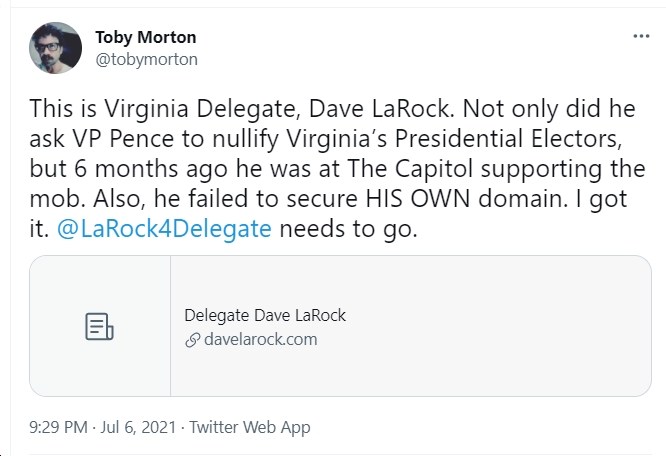
In our conversations we emphasized his integrity, his decency, and his competence. My wife and I formed a group called “Evangelicals for Mitt” designed to help persuade my fellow Evangelicals that the Mormon former governor of Massachusetts was the best man for the world’s most difficult job.

Years back, well before I entered the world of journalism full-time, I spent considerable time, energy, and effort trying to help Mitt Romney win the presidency. He both channeled and amplified a pre-existing tsunami of outrage and animosity. The ideology is malleable.Īnd don’t think for a moment that this began with Trump. It’s a cult of a certain type of personality, one that is relentlessly, personally, and often punitively aggressive. That can imply “Trump,” but I think it’s deeper (and Hamilton notes that it’s deeper). After all, the right’s top cable host is now openly echoing the Kremlin’s line in its looming conflict with Ukraine. Right-wing ideology is so up for grabs that it’s hard to know “the right’s” position on everything from the size and role of government, the First Amendment (for example, it’s somewhat fashionable now for Republican governors to sign obviously unconstitutional bills regulating corporate speech), and foreign policy. Any fair reading of the right’s ideology would include the phrase “deeply confused.” After all, where does disproportionate resistance to vaccines come from? That wasn’t even on the right-wing radar before 2020, and to the extent that conservatives cared, they mainly saw it as a product of the crunchy, green weird left, not the populist right. Remember, this was written in 1999, before The Facebook was a gleam in Mark Zuckerberg’s eye.īut Hamilton’s tweet captures something that Drum’s chart doesn’t-the nature of radicalization on the right. “It helps to explain extremism, ‘radicalization,’ cultural shifts, and the behavior of political parties and religious organizations it is closely connected to current concerns about the consequences of the Internet. “This general phenomenon-group polarization-has many implications for economic, political, and legal institutions,” He wrote. For example, people who are opposed to the minimum wage are likely, after talking to each other, to be still more opposed people who tend to support gun control are likely, after discussion, to support gun control with considerable enthusiasm people who believe that global warming is a serious problem are likely, after discussion, to insist on severe measures to prevent global warming. In a striking empirical regularity, deliberation tends to move groups, and the individuals who compose them, toward a more extreme point in the direction indicated by their own predeliberation judgments. Or, here’s how he put it in more academic language: In a 1999 paper called “ The Law of Group Polarization ,” he explains that when like-minded people gather, they tend to grow more extreme. In fact, as I wrote in my most recent book, Divided We Fall, this phenomenon was explained and predicted by Cass Sunstein almost a generation ago.

Thoughtful conservatives asked their progressive friends to look at the data and examine whether their movement was becoming unacceptably extreme, fueled by the kind of radicalizing frenzy that we so often see from ideologically homogeneous communities. Lots of folks on the right forwarded around and commented on Drum’s post last summer (it was provocatively titled, “If you hate the culture wars, blame liberals ” ). We can disagree about the extent of American cancel culture-or whether any given event qualifies-but to deny its existence is to engage in willful partisan blindness.

Sure, they overreact to this stuff, but it really exists, it really is a liberal invention, and it really does make even moderate conservatives feel like their entire lives are being held up to a spotlight and found wanting. Although there are signs that at least some of the cancel culture fever is breaking, I like what Drum says to those who refute its existence:Īnd for God’s sake, please don't insult my intelligence by pretending that wokeness and cancel culture are all just figments of the conservative imagination. And as millions upon millions of Americans have moved collectively to the left-especially when those Americans are disproportionately clustered in like-minded urban enclaves-they have become increasingly intolerant of dissent.


 0 kommentar(er)
0 kommentar(er)
